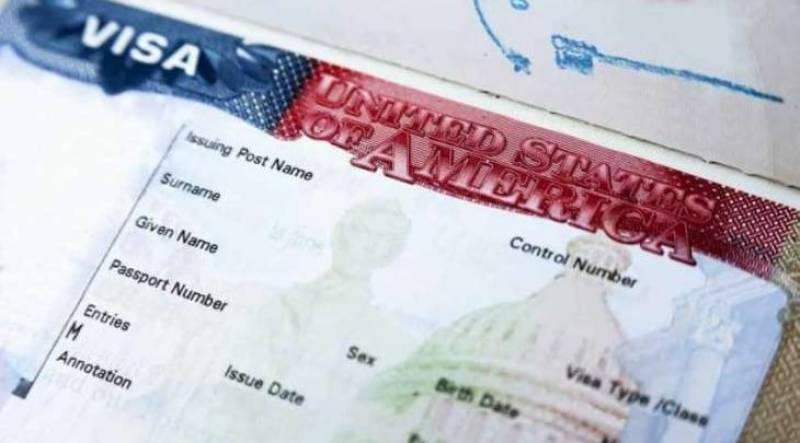WASHINGTON – US Citizenship and Immigration Services (USCIS) has announced that the H-1B visa cap for the financial year 2024, beginning October 1, has been reached and all successful applicants have been informed accordingly.
In a statement on Monday, the agency stated that it had received sufficient electronic registrations during the initial period to meet the fiscal year 2024 H-1B numerical allocations (H-1B cap), including the advanced degree exemption named the master’s cap.
“We have randomly selected from the registrations properly submitted to reach the cap and have notified all prospective petitioners with selected registrations that they are eligible to file an H-1B cap-subject petition for the beneficiary named in the applicable selected registration,” the agency stated.
The H-1B visa is a much sought after non-immigrant visa that permits US companies to hire foreign workers in occupations that need theoretical or technical expertise and tech giants in the country utilize it to hire employees from abroad and especially from countries like China and India.
The US Congress had set the current annual regular cap for the H-1B category at 65,000 of which 6,800 visas are dedicated to US-Chile and U.S.-Singapore free trade agreements. Unused visas in this group are made available for H-1B use for the next fiscal year’s regular H-1B cap.
As of now, H-1B cap-subject petitions for the financial year 2024, including those petitions eligible for the advanced degree exemption, can be submitted with the US Citizenship and Immigration Services (USCIS) from April 1, 2023, if they based on a valid, selected registration.
Only petitioners with selected registrations may file H-1B cap-subject petitions for 2024 fiscal and only for the beneficiary named in the applicable selected registration notice, the USCIS said.
What is H-1 B Visa
As explained earlier, the H-1B program allows companies and other employers in the United States to temporarily hire foreign workers in occupations that require the theoretical and practical application of a body of highly specialized knowledge and a bachelor’s degree or higher in the specific specialty, or its equivalent.
H-1B specialty occupations may include fields such as architecture, engineering, mathematics, physical sciences, social sciences, medicine and health, education, business specialties, accounting, law, theology, and the arts.














